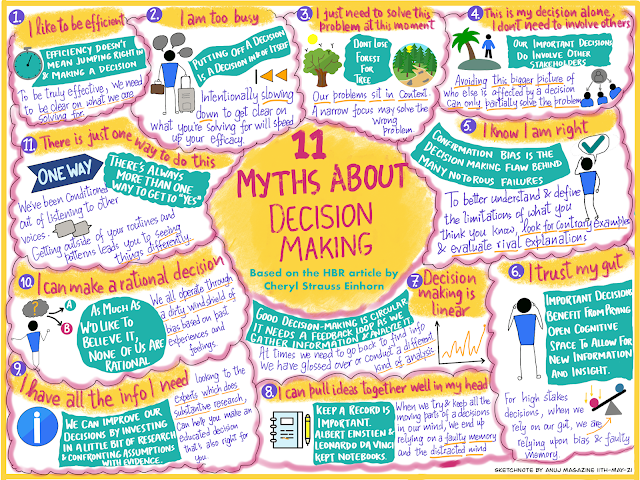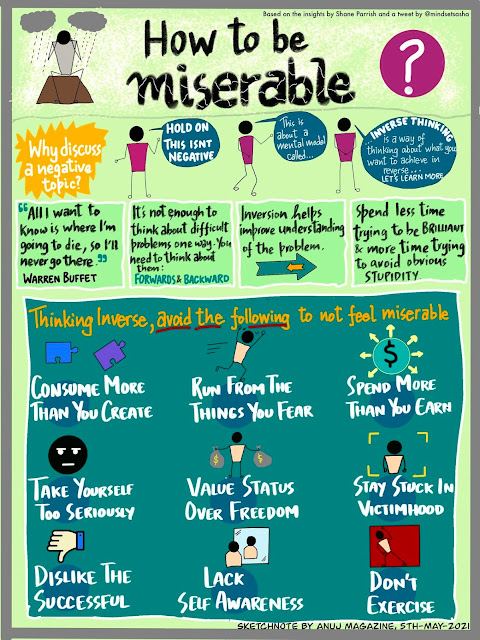Elon Musk is known as notorious workaholic. In Jan this year, in response to the tweet that announced him as the richest man on the planet, Musk responded:
"How strange?", & then followed by "Well, back to work.".
Musk is a true testimony to the adage "Success usually comes to those who are too busy to be looking for it.” Grind is a necessary ingredient to success and professionals should aspire to be hardworking. The problem happens when the grind is glorified as the only route to success.
In 2018, when faced with serious health concerns, Musk admitted-
“There were times when I didn’t leave the factory for 3 or 4 days — days when I didn’t go outside,” the father of five said. “This has really come at the expense of seeing my kids. & seeing friends.”
There are other aspects that aren't often talked about but are necessary for our overall effectiveness as professionals. I found the ideas by Blake B. Emal's https://bit.ly/3bNBOMS relevant. With #mentalhealth being among the top priority concerns that organizations face, these (and many more) should find ample mindspace in our day to day vocabulary.
Catch my Sketchnote summary of these ideas.
What else would you add ? #holisticwellbeing
My Sketchnote:





